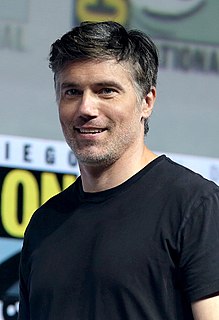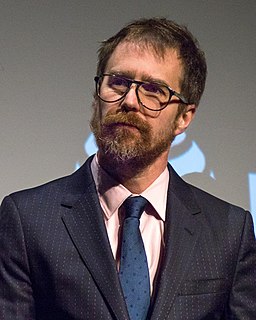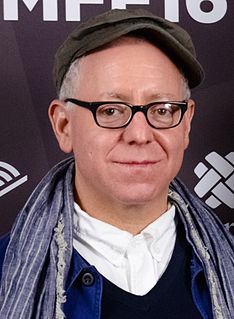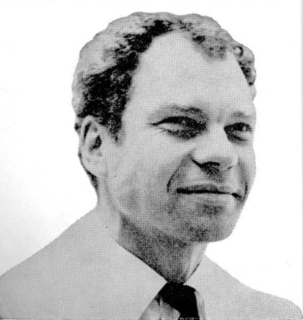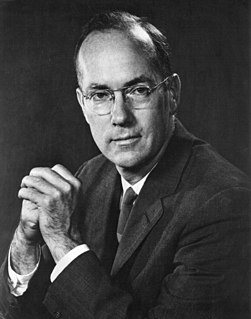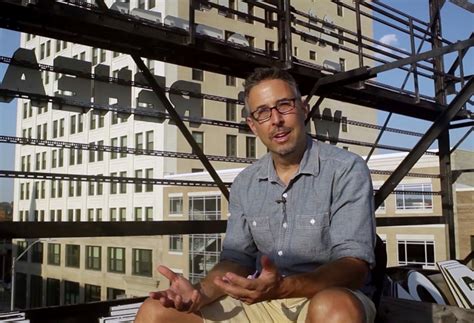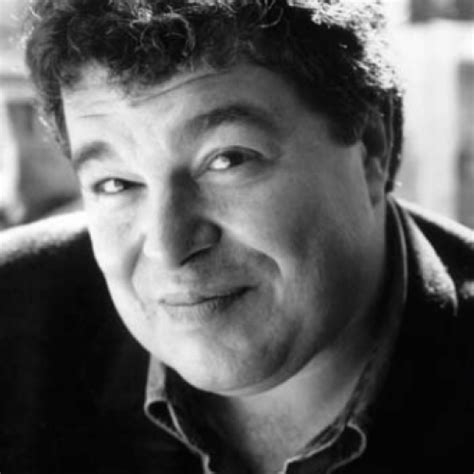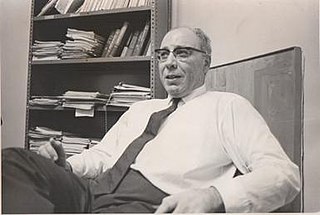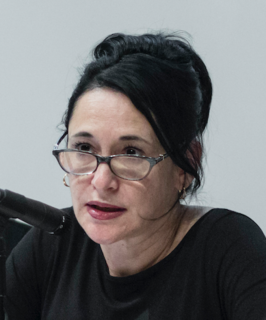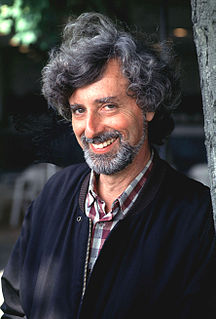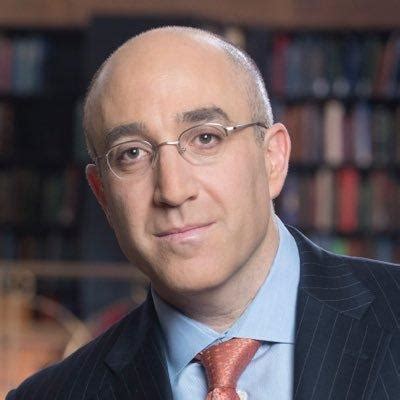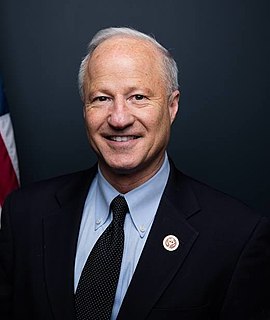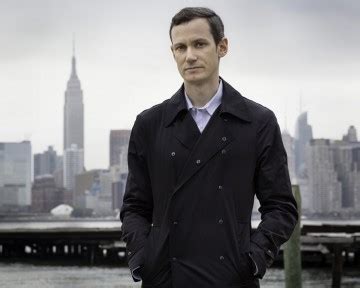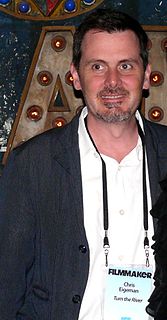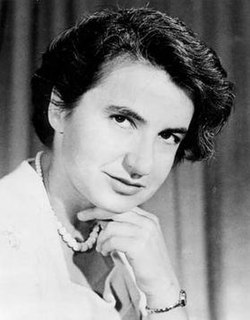Top 1200 Narrative Structure Quotes & Sayings - Page 2
Explore popular Narrative Structure quotes.
Last updated on December 22, 2024.
Here's my theory: I think both fiction and role-playing games involve a narrative journey. When that journey never ends, it feeds an addictive cycle. When that journey has an end, it brings us back to ourselves and to our own lives. This return allows us to reflect. Perhaps this is why I prefer a closed structure for books and games.
I recognize this in my writing process. A consistent writing structure opens the door to amazing insights. I recognize the truth of this in my daily habits. When I set my keys in the place I, with practice, always set my keys... I do not lose them. In many instances an ordered external structure can be an invitation for an extraordinarily unfettered, creative and unbounded inner structure.
Branches or types are characterized by the plan of their structure,
Classes, by the manner in which that plan is executed, as far as ways and means are concerned,
Orders, by the degrees of complication of that structure,
Families, by their form, as far as determined by structure,
Genera, by the details of the execution in special parts, and
Species, by the relations of individuals to one another and to the world in which they live, as well as by the proportions of their parts, their ornamentation, etc.
While Donald Trump doesn't have any systematic ideology, he does have a narrative, and in that narrative, America was once a great country, it's been weakened by poor leadership, and only he can make it great again by taking over. And that's an image of himself as a strongman, a dictator. It isn't the clear ideology of being a fascist or some other clear-cut ideological figure. Rather, it's a narrative of himself as being unique and all-powerful. He believes it, though I'm sure he's got doubts about it.
It is important to insist on the historical truthfulness of the narrative of the fall of Adam and Eve. Just as the account of the creation of Adam and Eve is tied in with the rest of the historical narrative in the book of Genesis, so also this account of the fall of man, which follows the history of man's creation, is presented by the author as straightforward, narrative history
Independent films will probably kill themselves off by virtue of their own success. With a crossover hit like PULP FICTION, the criteria by which art-house movies are produced and marketed and exploited have changed. With studio money and overheads and budgets and deal-making machinery, a certain kind of narrative structure and popcorn-type payoff start infusing themselves.
Science, with its experiments and logic, tries to understand the order or structure of the universe. Religion, with its theological inspiration and reflection, tries to understand the purpose or meaning of the universe. These two are cross-related. Purpose implies structure, and structure ought somehow to be interpretable in terms of purpose.
My great strength as an editor, I believe, is structure: I know how to reorder a piece, I know how to reach into a jumbled story and extract the important narrative. And I can do both of these things very fast. I also think I've become better at cutting text. You don't always relish it, of course, but by now I know how to distill something without sacrificing its essence.
The very act of story-telling, of arranging memory and invention according to the structure of the narrative, is by definition holy. We tell stories because we can't help it. We tell stories because we love to entertain and hope to edify. We tell stories because they fill the silence death imposes. We tell stories because they save us.
A Machine to Make a Future is an insightful and creative contribution to the literature--both scholarly and journalistic--on contemporary genomics. By 'experimenting' with narrative genre, the authors hope to generate different insights into the world of genomics and biotechnology than ones generally presented in existing accounts. They succeed at that goal, providing an account that is ethnographically rich and analytically open to a world whose structure, implications, and outcomes are very much in the making.
But most critically, sweet, never try to change the narrative structure of someone else's story, though you will certainly be tempted to, as you watch those poor souls in school, in life, heading unwittingly down dangerous tangents, fatal digressions from which they will unlikely be able to emerge. Resist the temptation. Spend your energies on your story. Reworking it. Making it better.
What I find in a creative company is while there is a desire to build a management foundation that can feel clear and consistent, the unique product we're in Illumination Entertainment making doesn't always allow for that. So rather than following management strategy that talks about building your structure and then staffing that structure, I tend to build the structure around the strengths of the individual people we have.
Spike optioned my first book, 'Now the Hell Will Start,' and he trusted me to write the screenplay, too. That was an awesome learning experience - I grew up watching Spike's movies, and here he was giving me handwritten notes about structure and dialogue. His feedback taught me so much about how to craft a cinematic narrative.
I think my sensibilities about storytelling and character just automatically come into play when I'm trying to work on any kind of narrative. For me, it doesn't really matter what the source of the narrative is. I will be looking for ways to make it into an intriguing story with empathetic characters.




